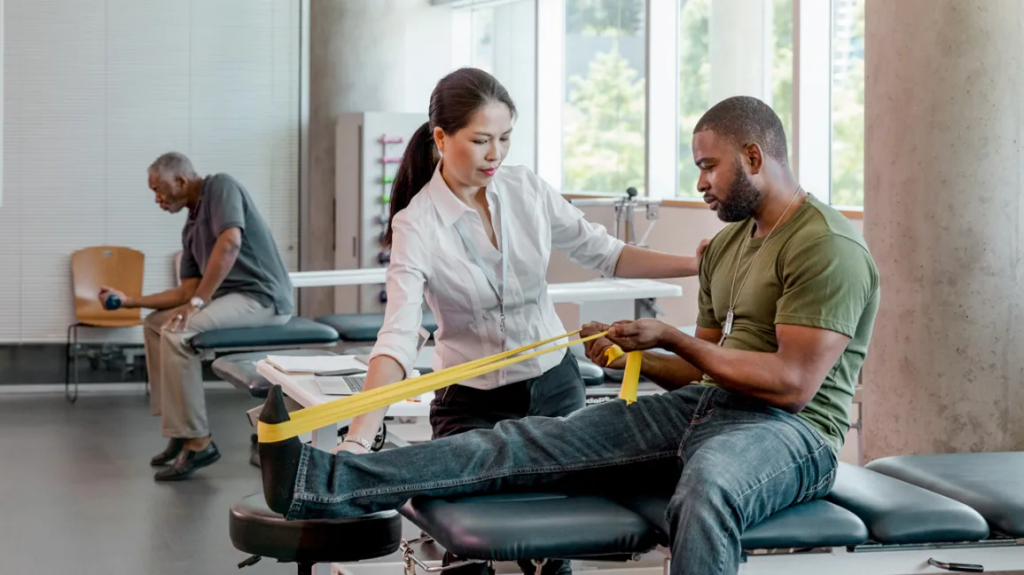
Imagine you’re a runner, pounding the pavement daily, and then an unfortunate twist of your knee leads to surgery. Suddenly, your active lifestyle comes to a halt. Now, you’re faced with weeks of recovery and the daunting task of reclaiming your mobility. This is where the magic of physical therapy in orthopedic rehabilitation comes into play. It’s like the silent hero in a Hollywood movie—always there, helping, but seldom recognized. In fact, an independent medical evaluation in Pittsburgh, PA, found that physical therapy played an essential role in a patient’s return to full activity post-surgery. Let’s take a deeper dive into this unsung hero of the medical world.
The Science Behind Physical Therapy
Physical therapy is not just about stretching and strengthening. It’s a science-backed method of promoting healing, reducing pain, and improving function. Your body is an intricate machine, and physical therapy is the expert mechanic fine-tuning it to work optimally.
The Tools of the Trade
Physical therapists use a range of techniques to assist in recovery. These include: – Manual therapy: This is hands-on treatment, think massage and manipulation. – Exercise: Designed to improve strength and mobility. – Education: Teaching you about your body, showing you how to avoid future injury.
Patient-Specific Programs
No two injuries are the same, and neither are two recovery plans. Physical therapists design personalized programs to meet individual needs. They monitor progress and adapt the program as required, ensuring you get back on your feet as quickly as possible.
The Role of Physical Therapy in Post-Surgery Recovery
After surgery, your body goes through a healing process. This can often result in stiffness and weakness in the affected area. Physical therapy helps combat these effects, ensuring a smooth recovery. It can speed up the healing process, improve function, and prevent any long-term issues from developing.
Wrap Up
Physical therapy is integral to orthopedic rehabilitation. It’s a silent hero, playing a crucial role in helping patients reclaim their mobility. From the runner nursing a knee injury to the grandparent recovering from hip surgery, everyone can benefit from this unsung hero of the medical world. The next time you or a loved one is facing recovery after surgery, remember the power of physical therapy. It could make all the difference in the world.